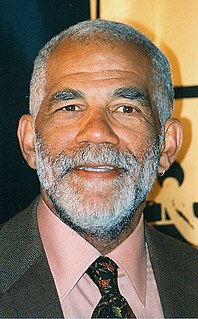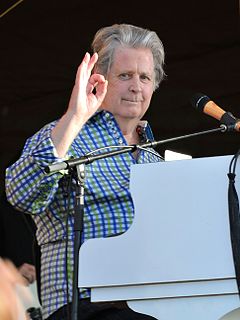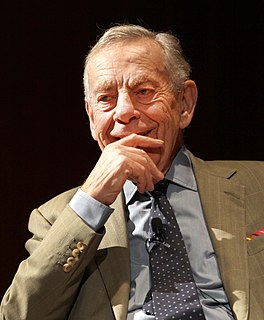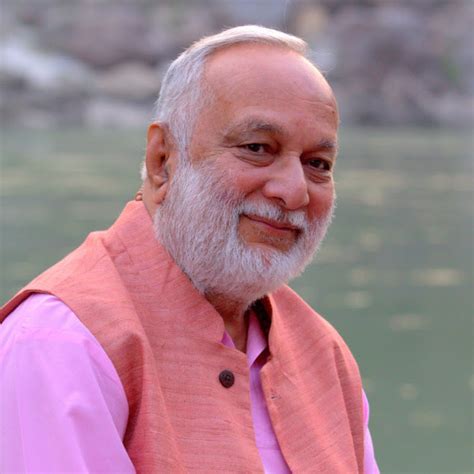A Quote by Ed Bradley
I would listen to how they told the story, to what elements they used, to how it sounded, and that's who I patterned myself after, the people who were on CBS News.
Related Quotes
Maybe I had something to do with that. I don't know. But public don't believe press. If you were straight and really told it like it is, as Howard Cosell used to say, right? Of course, he had some questions also. But, if you were straight, I would be your biggest booster. I would be your biggest fan in the world, including bad stories about me. But if you go - as an example, you're CNN. I mean, it's story after story after story is bad.
Osho used me and Shunyo (my girlfriend at the time) as an example of how he envisioned men and women should relate. He shared a story he had often told in discourse of a man and woman who lived at opposite ends of a lake. They were deeply in love but only met by chance when sometimes out rowing on the water. He said it was beautiful how Shunyo and I met like this couple. When we had the feeling to be together, we would meet and enjoy. And when we were apart, we were also happy and content in our aloneness.
I read the story and reread the story, but I still could not find the universality that the little Irishman had spoken of. All I saw in the story was some Irishmen meeting in a room and talking politics. What had that to do with America, especially with my people? It was not until years later that I saw what he meant ... I began to listen, to listen closely to how they talked about their heroes, to how they talked about the dead and how great the dead had once been. I heard it everywhere.
A story must be told in such a way that it constitutes help in itself. My grandfather was lame. Once they asked him to tell a story about his teacher. And he related how the holy Baal Shem used to hop and dance while he prayed. My grandfather rose as he spoke, and he was so swept away by his story that he himself began to hop and dance to show how the master had done. From that hour he was cured of his lameness. That's how to tell a story.
It always fascinates me how you can get so much joy listening to another person, when me, personally, I can only listen to myself and my music these days. I've got some people in my iPod, but I only listen to myself. I'm folding into myself and I used to think that that was what you're supposed to do - you're supposed to reject everyone else and figure out who you are. You get little shards and points of reference, but that's how you confirm that only you know what is right for you. Everything else is pollution. What's starting to happen to me is sort of an identity crisis.

































